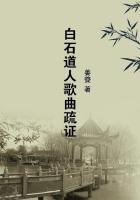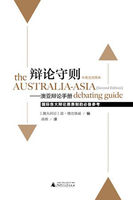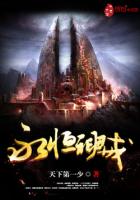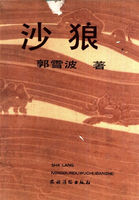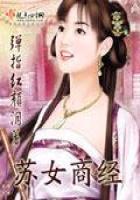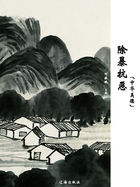Soon, newer and better machines were installed, the factory was surrounded with a high wall and then there was an end to the rioting. The ancient guilds could not possibly survive in this new world of steam and iron. They went out of existence and then the workmen tried to organise regular labour unions. But the factory-owners, who through their wealth could exercise great influence upon the politicians of the different countries, went to the Legislature and had laws passed which forbade the forming of such trade unions because they interfered with the "liberty of action" of the working man.
Please do not think that the good members of Parliament who passed these laws were wicked tyrants. They were the true sons of the revolutionary period when everybody talked of "liberty" and when people often killed their neighbours because they were not quite as liberty-loving as they ought to have been. Since "liberty" was the foremost virtue of man, it was not right that labour-unions should dictate to their members the hours during which they could work and the wages which they must demand. The workman must at all times, be "free to sell his services in the open market," and the employer must be equally "free" to conduct his business as he saw fit. The days of the Mercantile System, when the state had regulated the industrial life of the entire community, were coming to an end. The new idea of "freedom" insisted that the state stand entirely aside and let commerce take its course.
The last half of the 18th century had not merely been a time of intellectual and political doubt, but the old economic ideas, too, had been replaced by new ones which better suited the need of the hour. Several years before the French revolution, Turgot, who had been one of the unsuccessful ministers of finance of Louis XVI, had preached the novel doctrine of "economic liberty." Turgot lived in a country which had suffered from too much red-tape, too many regulations, too many officials trying to enforce too many laws. "Remove this official supervision," he wrote, "let the people do as they please, and everything will be all right." Soon his famous advice of "laissez faire" became the battle-cry around which the economists of that period rallied, At the same time in England, Adam Smith was working on his mighty volumes on the "Wealth of Nations," which made another plea for "liberty" and the "natural rights of trade."
Thirty years later, after the fall of Napoleon, when the reactionary powers of Europe had gained their victory at Vienna, that same freedom which was denied to the people in their political relations was forced upon them in their industrial life.
The general use of machinery, as I have said at the beginning of this chapter, proved to be of great advantage to the state. Wealth increased rapidly. The machine made it possible for a single country, like England, to carry all the burdens of the great Napoleonic wars. The capitalists (the people who provided the money with which machines were bought) reaped enormous profits. They became ambitious and began to take an interest in politics. They tried to compete with the landed aristocracy which still exercised great influence upon the government of most European countries.
In England, where the members of Parliament were still elected according to a Royal Decree of the year 1265, and where a large number of recently created industrial centres were without representation, they brought about the passing of the Reform Bill of the year 1882, which changed the electoral system and gave the class of the factory-owners more influence upon the legislative body. This however caused great discontent among the millions of factory workers, who were left without any voice in the government. They too began an agitation for the right to vote. They put their demands down in a document which came to be known as the "People's Charter." The debates about this charter grew more and more violent. They had not yet come to an end when the revolutions of the year 1848 broke out. Frightened by the threat of a new outbreak or Jacobinism and violence, the English government placed the Duke of Wellington, who was now in his eightieth year, at the head of the army, and called for Volunteers. London was placed in a state of siege and preparations were made to suppress the coming revolution.
But the Chartist movement killed itself through bad leadership and no acts of violence took place. The new class of wealthy factory owners, (I dislike the word "bourgeoisie" which has been used to death by the apostles of a new social order,) slowly increased its hold upon the government, and the conditions of industrial life in the large cities continued to transform vast acres of pasture and wheat-land into dreary slums, which guard the approach of every modern European town.



